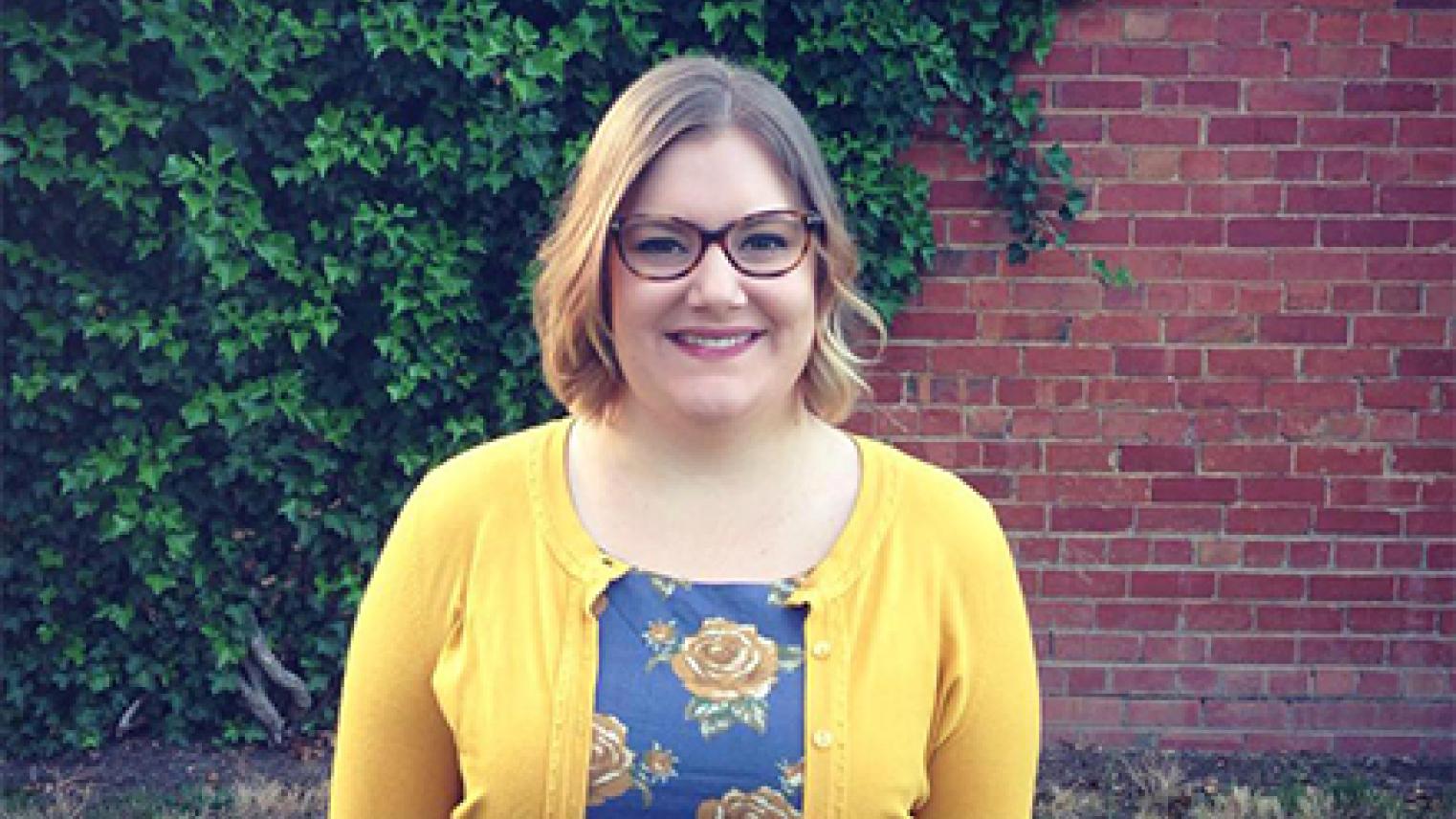Meet Josie Hornung

Some of the interesting courses I studied were ‘Gender War and Justice in South and Southeast Asia’ with Dr Cecilia Jacob and ‘International Relations Theory’, which was made surprisingly fun by Dr Mat Davies. However, the course I enjoyed the most was my final semester undertaking the Masters Thesis; not only did it allow me to build very close relationships with academics interested in the work I was doing, but I was able to develop a really deep understanding of the topic that fascinated me the most. I also loved the challenge!
One of the highlights of the program for me was the peer group; people studying at the Bell School come from incredibly diverse backgrounds, which makes for interesting and thought-provoking discussions inside and outside the classroom. I also enjoyed the culture of the department, which was informal, vibrant, tight-knit, and collaborative. I always felt that I could call on any of the lecturers to help, even when they weren’t teaching me. Another great thing about the IR program was the opportunities it opened up. For example, I found out about and was able to pursue representative positions at two international academic events, and was able to represent the IR postgraduate community in a student governance capacity, because of my involvement in the program.
Completing the Masters program has confirmed to me that academia and research is what I’m passionate about and what I would like to pursue a career in, and I am very excited to be commencing my PhD studies with Chris Reus-Smit at the University of Queensland for 2017. Importantly, it has also equipped me with the necessary skills and experiences to take the next steps towards that career.
My advice to students considering the program would be to apply! If you enjoy an intellectual challenge and working with intelligent, knowledgeable, culturally diverse and engaged people, you will find the IR program highly rewarding.
Find out more about studying a Master of International Relations (Advanced) at ANU